Kidney Stone Diet: Foods To Eat & Avoid And Recipes
Kick kidney stones to the curb with healthy eating and the right recipes!
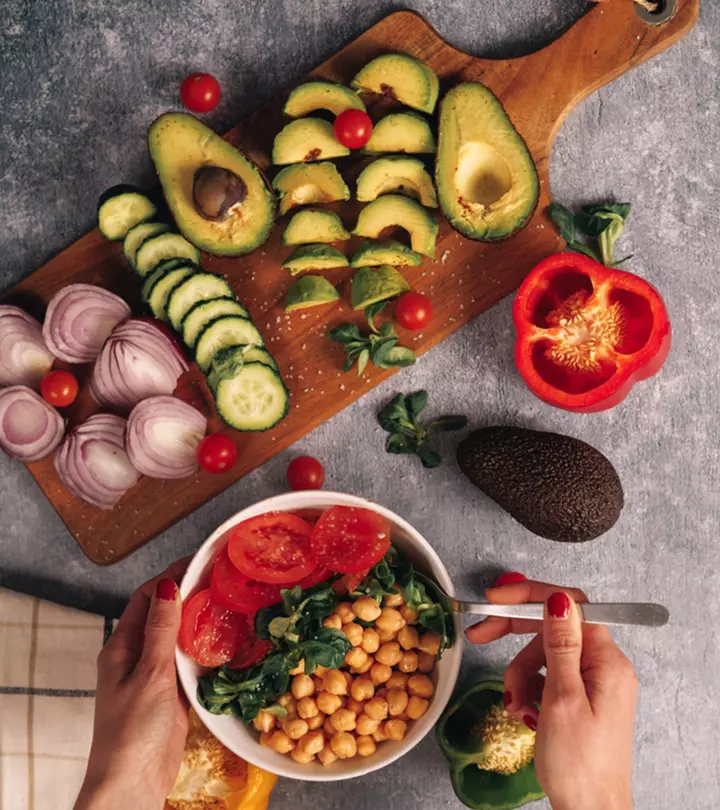
Image: Shutterstock
Kidney stones are a common, painful, and possibly recurrent issue for many individuals worldwide. Nevertheless, adopting a proper kidney stone diet can make a significant difference in managing their effects. A mindful approach toward your diet may help control and reduce the risk of developing the condition. In this article, we talk about the nuances of the kidney stone diet and shed light on which foods you should consume and which ones you must avoid. Additionally, we provide delectable recipes to make your journey toward better kidney health both manageable and enjoyable. Keep reading to learn more about dietary aspects of kidney stone management and prevention.
 At A Glance: Kidney Stone Diet
At A Glance: Kidney Stone Diet- Principle: A dietary approach aimed at preventing kidney stones by managing the intake of calcium and oxalate and increasing fluid intake.
- Purpose: To lower the risk of kidney stone formation and promote overall kidney health.
- Who It Is For: Individuals prone to kidney stones and those seeking to maintain kidney health.
- Duration: Long-term
- Who Should Avoid: People with other chronic kidney diseases, gastrointestinal disorders, diabetes, prediabetes, or celiac disease, and pregnant and breastfeeding individuals.
- Cons: May lead to nutrient deficiencies.
In This Article
What Is The Kidney Stone Diet?
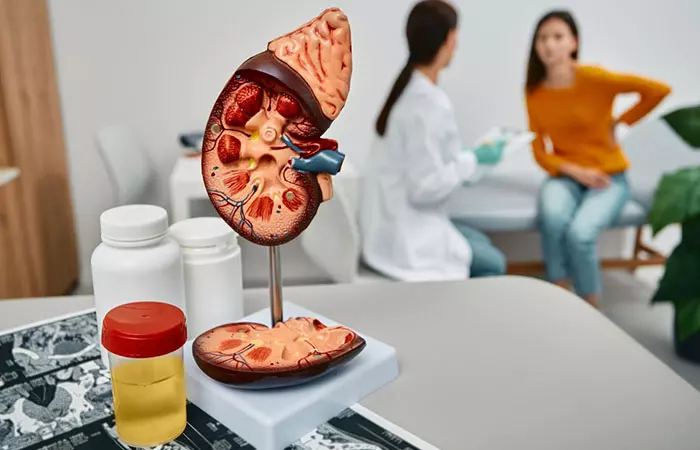
The kidney stone diet is a dietary approach aimed at preventing the formation of kidney stones or managing existing ones. The diet emphasizes adequate hydration through increased water intake to dilute urine and reduce the concentration of minerals that form stones. It also involves regulating your calcium, oxalate, and sodium intake to prevent excessive calcium excretion in the urine (1).
Kidney stones are solid, crystalline deposits of compounds of calcium, oxalate, and phosphate that form in the kidneys. These tiny, hard stones can be extremely painful when they move through the urinary tract. They are primarily composed of minerals and salts that can accumulate due to various factors, including dehydration, dietary choices, and genetics (2).
According to the data collected from the National Health and Nutrition Examination Survey (NHANES) between 2015 and 2018, it was found that the prevalence of kidney stones in the sample population of 10,521 participants older than age 20 was 11.0%. The 12-month incidence of kidney stones was 2,054 stones per 100,000 adults (3).
There are several types of kidney stones, but the most common ones (about 70%) are made of calcium oxalate and uric acid. Calcium oxalate stones form when there is an excess of calcium and oxalate in the urine, leading to the formation of crystals. Uric acid stones develop when there is an overproduction of uric acid or insufficient production of urine to dilute it (2).
Note: As the type of kidney stones and the severity of the condition vary on an individual case-to-case basis, it is important to consult a registered dietitian or your healthcare professional. They would guide you and tailor your diet according to your needs to reduce the risk of kidney stone recurrence effectively.
The dietician would analyze your nutritional risk factors through regular assessments and provide you with dietary recommendations to alleviate kidney stones. Keep reading to learn more about the possible foods that would be recommended to be added to your diet.
Key Takeaways
- Kidney stones are a common and painful condition that affects many people globally with high chances of recurrence.
- Adopting a kidney stone diet can significantly reduce the risk of developing kidney stones and help manage the condition.
- The diet focuses on reducing the intake of oxalate-rich foods and increasing the uptake of fluids to prevent and manage kidney stones.
- It is essential to consult with a healthcare professional or registered dietitian for personalized guidance.
Foods To Eat When You Have Kidney Stones
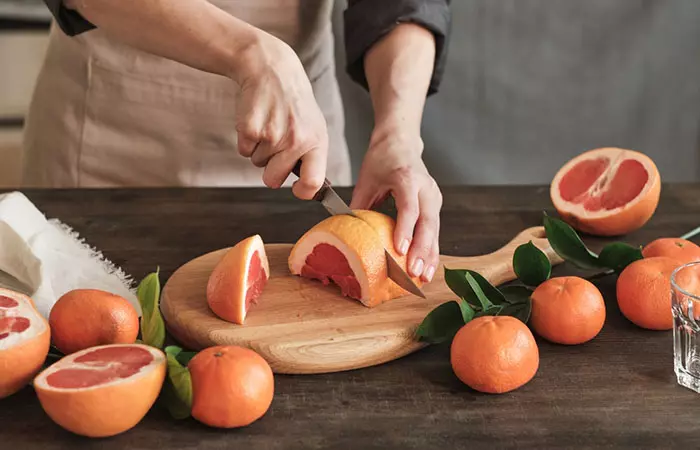
The following foods are recommended in the kidney stone prevention diet:
- Water
Drinking plenty of water helps keep urine dilute, preventing mineral buildup that can lead to kidney stone formation (4). Aim for at least 8-10 cups (up to 3 liters/day) of water daily to keep the urine dilute and stones at bay.
 Pro Tip
Pro Tip- Citrus Fruits
It is recommended to increase the proportion of citrus fruits and their juices in our daily consumption (5). Oranges, grapefruit, lemons, and limes are rich in citrate, which can help prevent certain types of stones by binding to calcium in the urine (6). You can have 1-2 glasses of any of these juices per day.
- Calcium-Rich Foods
Calcium is one of the components that form kidney stones. But contrary to popular belief, experts actually recommend moderate calcium intake from food sources so that it can bind to oxalates in the intestines and reduce the risk of calcium oxalate stone formation. Good sources of calcium include dairy products, fortified plant-based milk, and leafy greens. It is recommended to have about 1000 – 1200 mg of calcium per day (5).
- Fruits And Vegetables
Fruits and vegetables are generally excellent choices to reduce kidney stone formation, as most of them are low in oxalates and high in essential nutrients and fiber. It is recommended to eat at least 5 servings of ½ cup each. However, some high-oxalate foods like spinach and rhubarb should be consumed in moderation (7).
The diet to reduce kidney stones also includes limiting certain foods. Keep scrolling to learn more about them.
Foods To Avoid When You Have Kidney Stones
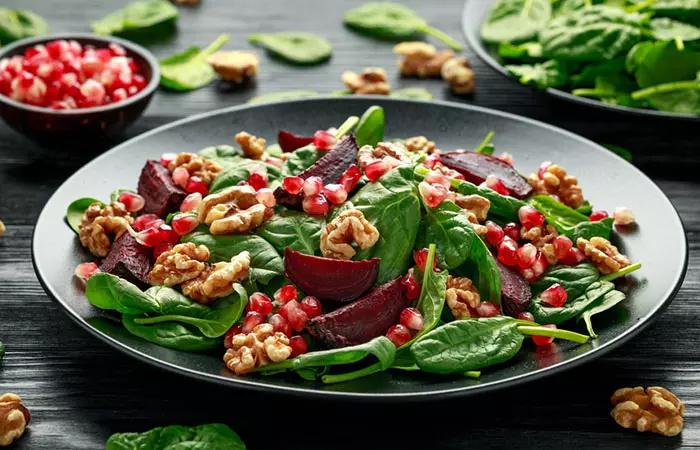
The following foods are to be avoided or limited in the kidney stone prevention diet:
- Oxalate-Rich Foods
It is advised to limit consumption of foods rich in oxalates, such as spinach, rhubarb, beets, and nuts, as they can increase the risk of calcium oxalate stones (8).
- Sodium-Rich Foods
High sodium intake can lead to increased calcium excretion in urine, potentially promoting stone formation. Thus, avoid consuming highly processed and salty foods (9).
- Animal Protein Sources
It is recommended to reduce the intake of red meats, organ meats, and certain seafood, as they contain purines that may form uric acid stones. Try to eat one small portion each day or opt for plant-based meats instead (3).
- Carbonated Beverages
Some research suggests a potential link between soda consumption and kidney stones, likely due to their phosphoric acid content. It is advised to opt for non-acidic beverages when possible (10). In addition, limit alcohol consumption as well.
Note: It is recommended to consult a registered dietitian for tailored dietary advice based on the specific type of kidney stone you have. Personalized plans offer effective management and prevention strategies specifically suited to your needs.
Keep these food groups in mind while preparing a meal plan for the kidney stones diet. Keep scrolling to discover a recommended diet chart that you can follow on this diet.
7-Day Kidney Stone Diet Chart
Here is a sample 7-day kidney stone diet plan that you can follow:
Day 1
| Meal | What To Eat | Serving Size |
|---|---|---|
| Breakfast | Blueberry smoothie | 1 cup of blueberries 1/2 cup of Greek yogurt 1/2 cup of almond milk 1 tablespoon of honey Serving Size: 1 glass |
| Lunch | Gnocchi with broccoli and peas | 1 cup of gnocchi 1 cup of broccoli florets 1/2 cup of peas Serving Size: 1 serving |
| Snacks | Lime juice | 1 glass |
| Dinner | Grilled shrimp | 4-6 pieces |
Day 2
| Meal | What To Eat | Serving Size |
|---|---|---|
| Breakfast | Greek yogurt pancakes | 2 pancakes 1/2 cup of Greek yogurt Fresh berries for topping (optional) |
| Lunch | Chickpeas and tuna salad | 1 cup of chickpeas 1 can of tuna Chopped veggies (e.g., cucumber, tomato) Serving Size: 1 serving |
| Snacks | Green tea | 1 cup |
| Dinner | Quinoa and black bean stuffed bell peppers | 2 bell peppers 1 cup of cooked quinoa 1/2 cup of black beans Chopped vegetables (e.g., onions, tomatoes) |
Day 3
| Meal | What To Eat | Serving Size |
|---|---|---|
| Breakfast | Chia quinoa muffins | 2 muffins |
| Lunch | Orzo with roasted vegetables | 1 cup of orzo pasta Roasted vegetables Serving Size: 1 serving |
| Snacks | Orange juice | 1 glass |
| Dinner | Chicken Caesar pasta salad | 3-4 Grilled chicken pieces Pasta (e.g., penne) Caesar dressing Serving Size: 1 serving |
Day 4
| Meal | What To Eat | Serving Size |
|---|---|---|
| Breakfast | Scrambled eggs | 2 eggs Seasonings (e.g., salt, pepper) |
| Lunch | Cauliflower pizza | 2 slices |
| Snacks | Orange juice | 1 glass |
| Dinner | Grilled salmon and salad | 6 oz of salmon Salad greens and vegetables |
Day 5
| Meal | What To Eat | Serving Size |
|---|---|---|
| Breakfast | Whole-grain avocado toast | 2 slices of whole-grain bread 1/2 avocado |
| Lunch | Lentil and vegetable soup | 1 cup |
| Snacks | Coconut water | 1 glass |
| Dinner | Lettuce wrap turkey burger | 1 burger |
Day 6
| Meal | What To Eat | Serving Size |
|---|---|---|
| Breakfast | Whole-grain waffles | 2 waffles |
| Lunch | Lasagna | 1 serving |
| Snacks | Pomegranate juice | 1 glass |
| Dinner | Chicken tacos | 2 tacos |
Day 7
| Meal | What To Eat | Serving Size |
|---|---|---|
| Breakfast | Cooked oatmeal | 1 cup of cooked oatmeal |
| Lunch | Grilled salmon with bell pepper | 6 oz of salmon |
| Snacks | Green tea | 1 cup |
| Dinner | Alfredo chickpea pasta | 1 serving |
 Pro Tip
Pro TipBefore beginning any new diet plan or trying any home remedies for kidney stones, you should speak with a registered dietitian or any healthcare provider. They can help you personalize the meal plan as per your specific needs.
Read on to learn more about two simple yet scrumptious recipes you can make while on the kidney stone diet.
Kidney Stone Diet Recipes
1. Chia Quinoa Muffins
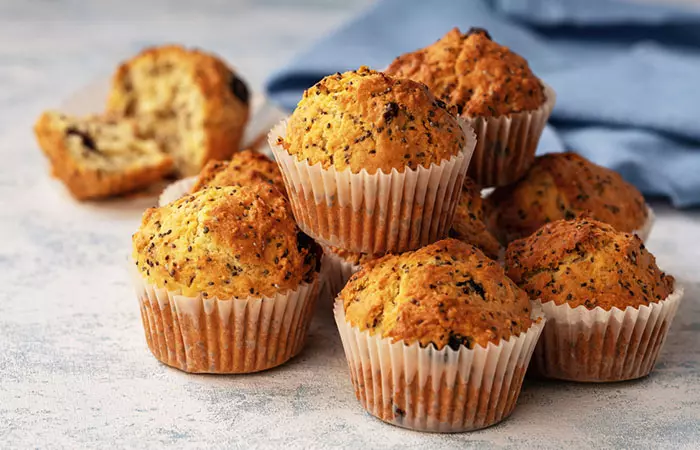
Serving Size: 2 Muffins
Ingredients
- 2 tablespoons of chia seeds
- 2 cups of cooked quinoa
- 1 cup of whole wheat flour
- 1 cup of all-purpose flour
- ¼ cup of plain Greek yogurt
- 3/4 cup of almond milk
- 1 egg
- ⅓ cup of honey
- 1 teaspoon of vanilla extract
- 1 ½ teaspoon of baking powder
- 1 teaspoon of salt
How To Prepare
- Preheat the oven to 350℉.
- Cook quinoa according to package directions and set it aside.
- Mix quinoa, chia seeds, wheat flour, all-purpose flour, salt, and baking powder in a bowl.
- Whisk eggs, yogurt, milk, honey, and vanilla extract in another bowl.
- Slowly add these wet ingredients to the quinoa mixture and stir until combined.
- Grease the muffin tins and pour the batter into them.
- Bake for about 30 minutes or until a toothpick inserted into the center comes out clean.
2. Chicken Tacos
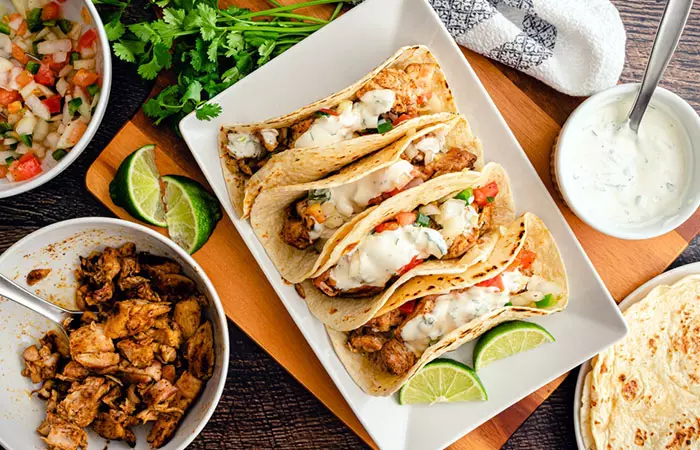
Serving Size: 2 Tacos
Ingredients
- 4 boneless, skinless chicken breasts
- 8 corn tortillas
- 2 teaspoons of chili powder
- 2 teaspoons of ground cumin
- ½ teaspoon of garlic powder
- ¼ teaspoon of paprika
- ¼ teaspoon of cayenne
- 2 tablespoons of sour cream
- 1 red onion
- ½ cup of diced tomatoes
- ½ cup of diced avocados
- ½ cup of fresh cilantro
- 2 lime wedges
- 1 teaspoon of Kosher salt
- 1 teaspoon of freshly ground black pepper
How To Prepare
- Heat oil over medium flame in a large skillet.
- Chop the chicken breasts into bite-size pieces and season with salt and pepper.
- Add the pieces of chicken into the skillet and cook them until golden brown.
- Season them further with chili powder, ground cumin, garlic powder, paprika, and cayenne pepper.
- Layer the chicken pieces on the tortilla, and add sour cream, tomatoes, avocados, and cilantro as per your liking.
These aforementioned recipes might help you out when you are in a pinch. Additionally, consider these tips to simplify your journey toward a successful kidney stone diet.
Tips For A Kidney Stone Diet
The following tips can help you adopt the kidney stone diet effectively:
- Opt for vegan or vegetarian-based meals and meat food options.
- Avoid frequent consumption of marinated, fermented, salted, preserved, or cured foods as they may have high salt levels.
- Take note of added sugar levels in beverages and opt for 100% natural fruit juices instead.
- Avoid dehydrating foods and drinks like alcoholic beverages.
- Be mindful of supplements, especially calcium-based ones, as they might lead to an imbalance of nutrients in the body and increase the risk of stone formation.
Adopting a kidney stone diet can be a proactive and effective way to manage and prevent the recurrence of kidney stones. Along with these dietary changes, try some home remedies for kidney stone pain, such as drinking plenty of water, to provide additional relief during painful episodes. Carefully selecting the right foods and beverages, staying well-hydrated, and consulting a registered dietitian or healthcare professional may help significantly reduce the risk of stone formation. While this dietary journey may involve making thoughtful choices, the long-term benefits in terms of kidney health and overall well-being are well worth the effort. With the right knowledge and commitment to a kidney-friendly lifestyle, you can take control of your health and enjoy a life free from the discomfort of kidney stones.
Infographic: Kidney Stone Diet: What To Eat And What To Avoid
The kidney stone diet aims to effectively control kidney stone formation via dietary interventions. It provides generalized food choices to help prevent the condition and its recurrence. These recommendations have been shared by healthcare professionals, registered dietitians, and researchers.
Check out the following infographic to learn more about the foods you can have and what to avoid on the kidney stone diet.
Some thing wrong with infographic shortcode. please verify shortcode syntaxFrequently Asked Questions
Is caffeine intake a concern for kidney stones?
According to a study that analyzed the data taken from the National Health and Nutrition Examination Survey (NHANES) between the years 2007–2018, caffeine intake from coffee showed a significant negative association with kidney stones. Thus, the risk of developing kidney stones decreased in individuals drinking coffee, especially in women and individuals who are non-overweight (11).
Can weight management impact kidney stone formation?
Yes, a study noted that individuals who are overweight are at a significantly higher risk of developing recurrent kidney stones. It further observed that adopting weight loss strategies, such as following a particular diet along with physical activities, decreased the risk of stone formation (12).
Are bananas good for kidney stones?
Possibly. According to anecdotal records, since bananas are rich in potassium and are alkaline, they may help balance the levels of calcium and oxalate levels in the body and reduce the levels of acidity in the kidneys.
Can we eat rice in the kidney stone diet?
Yes, rice belongs to the low-oxalate diet. Rice has low oxalate levels and high amounts of dietary fiber which may help boost kidney health.
Is curd good for kidney stones?
Yogurts are milk-based foods that are rich in dietary calcium. Thus, you can have curd on the kidney stone diet.
Is egg good for kidney stones?
High intake of animal-based proteins like eggs has been linked to low urinary excretions of citrate, potassium, and magnesium. Thus, limit your consumption of eggs on the kidney stone diet (3).
Illustration: Kidney Stone Diet: Foods To Eat & Avoid And Recipes
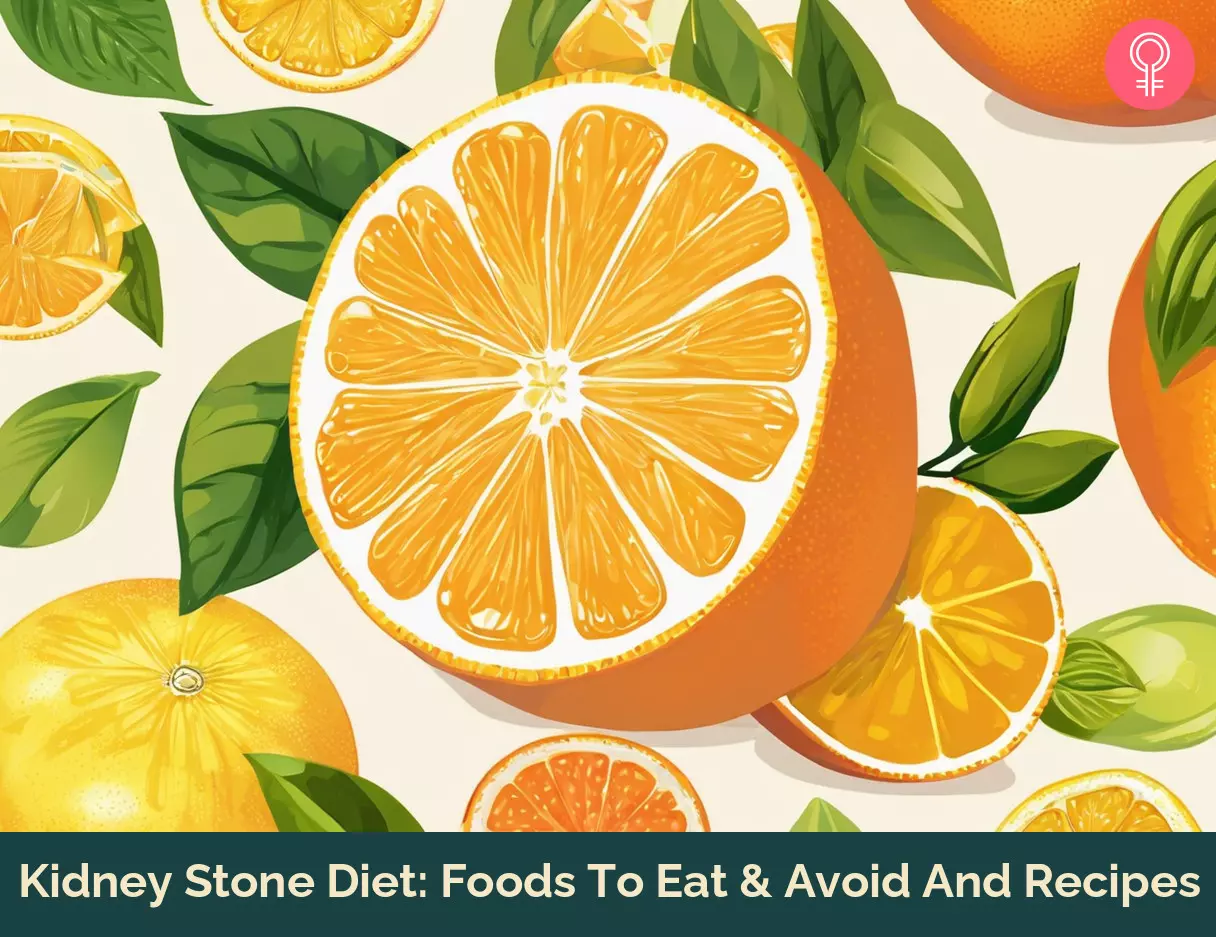
Image: Stable Diffusion/StyleCraze Design Team
Check out the following insightful YouTube video, where a kidney doctor and dietitian collaborate to address common queries about kidney stones and offer valuable dietary tips for prevention and management.
References
Articles on StyleCraze are backed by verified information from peer-reviewed and academic research papers, reputed organizations, research institutions, and medical associations to ensure accuracy and relevance. Read our editorial policy to learn more.
- Risk of Kidney Stones: Influence of Dietary Factors Dietary Patterns and Vegetarian–Vegan Diets
https://www.ncbi.nlm.nih.gov/pmc/articles/PMC7146511/ - Nutritional Management of Kidney Stones (Nephrolithiasis)
https://www.ncbi.nlm.nih.gov/pmc/articles/PMC4525130/ - Incidence of Kidney Stones in the United States: The Continuous National Health and Nutrition Examination Survey
https://pubmed.ncbi.nlm.nih.gov/34854755/ - Self-Fluid Management in Prevention of Kidney Stones: A PRISMA-Compliant Systematic Review and Dose–Response Meta-Analysis of Observational Studies
https://www.ncbi.nlm.nih.gov/pmc/articles/PMC4504608/ - Kidney Stone Prevention
https://www.ncbi.nlm.nih.gov/pmc/articles/PMC10201681/ - Role of Citrus Fruit Juices in Prevention of Kidney Stone Disease (KSD): A Narrative Review
https://www.ncbi.nlm.nih.gov/pmc/articles/PMC8625077/ - Dietary Intake of Fiber Fruit and Vegetables Decrease the Risk of Incident Kidney Stones in Women: A Women’s Health Initiative (WHI) Report
https://www.ncbi.nlm.nih.gov/pmc/articles/PMC4241174/ - Dietary oxalate and kidney stone formation
https://www.ncbi.nlm.nih.gov/pmc/articles/PMC6459305/ - Impact of Nutritional Factors on Incident Kidney Stone Formation: A Report From the WHI OS
https://www.ncbi.nlm.nih.gov/pmc/articles/PMC4165387/ - Soda and Other Beverages and the Risk of Kidney Stones
https://www.ncbi.nlm.nih.gov/pmc/articles/PMC3731916/ - The association between caffeine intake and risk of kidney stones: A population-based study
https://www.ncbi.nlm.nih.gov/pmc/articles/PMC9589282/ - Dietary weight loss strategies for kidney stone patients
https://www.ncbi.nlm.nih.gov/pmc/articles/PMC10188387/
Read full bio of Ritika Dass
Read full bio of Payal Karnik
Read full bio of Ravi Teja Tadimalla
Read full bio of Aparna Mallampalli





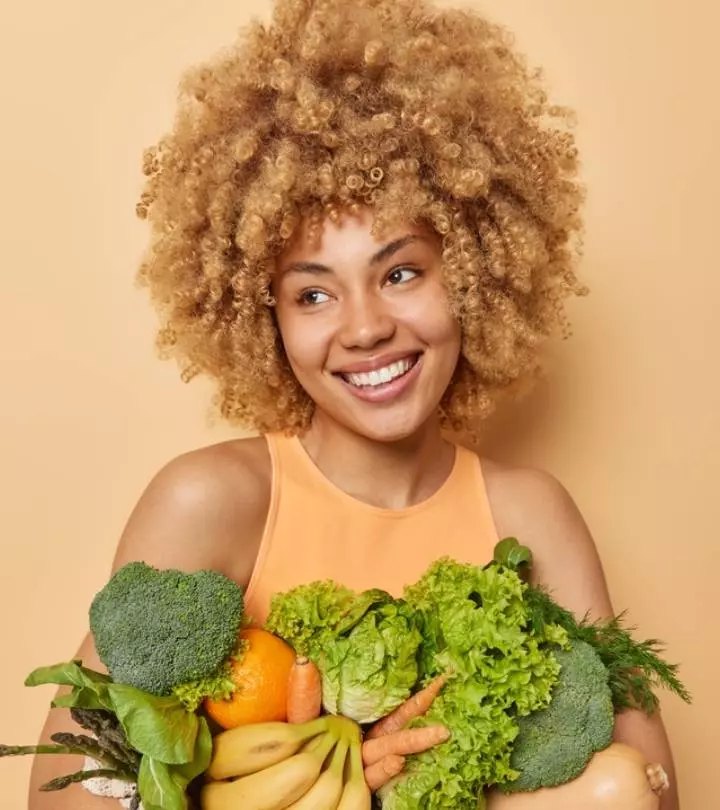
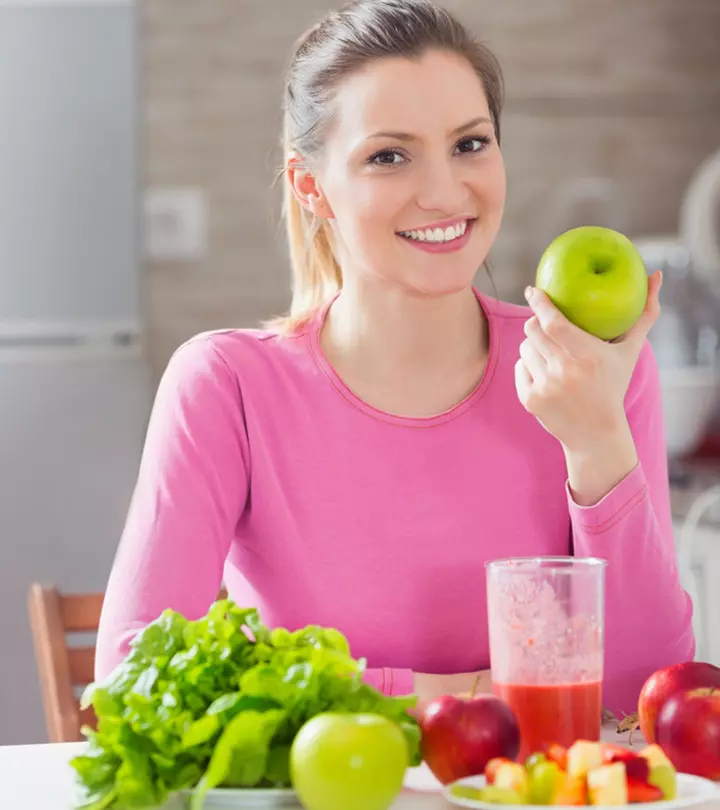
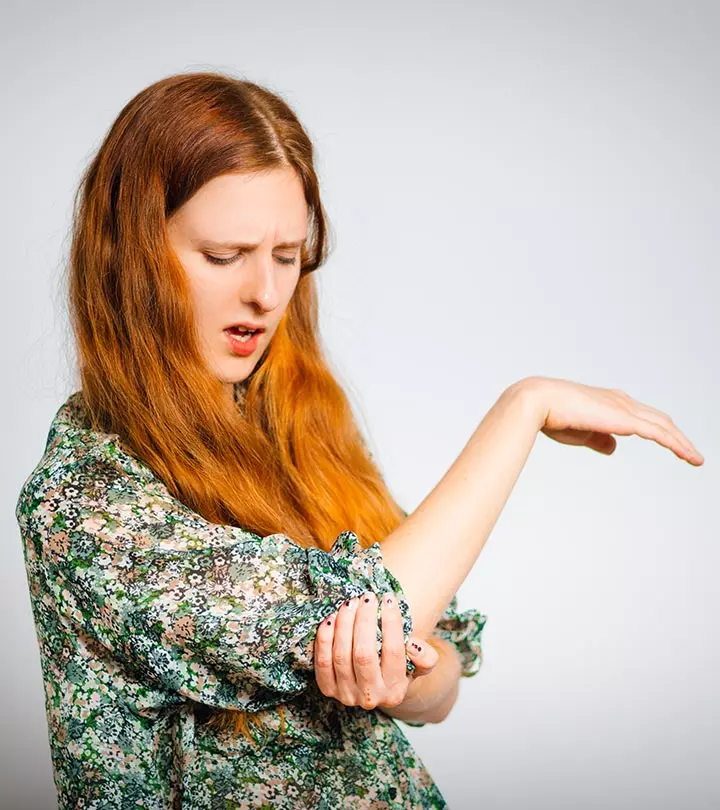
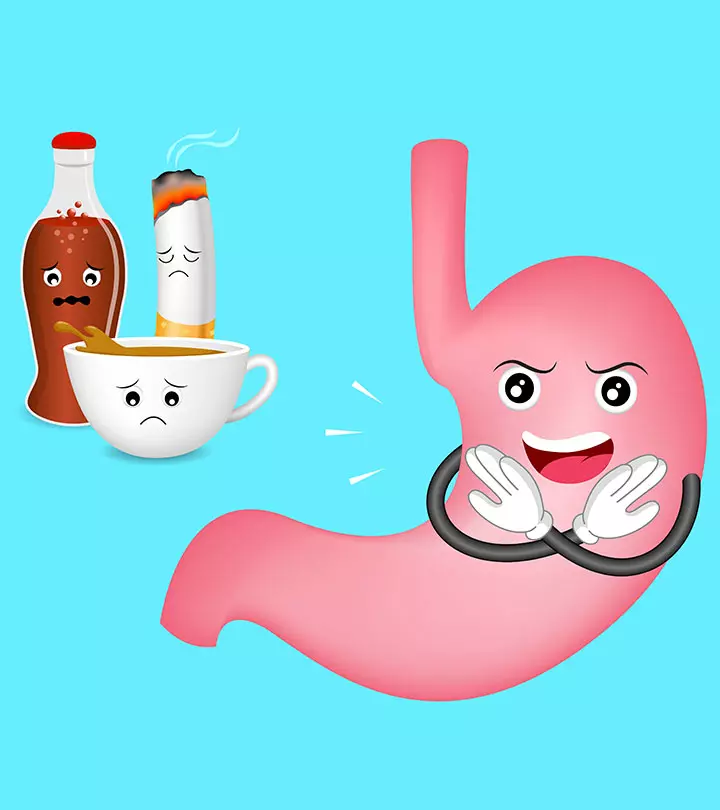
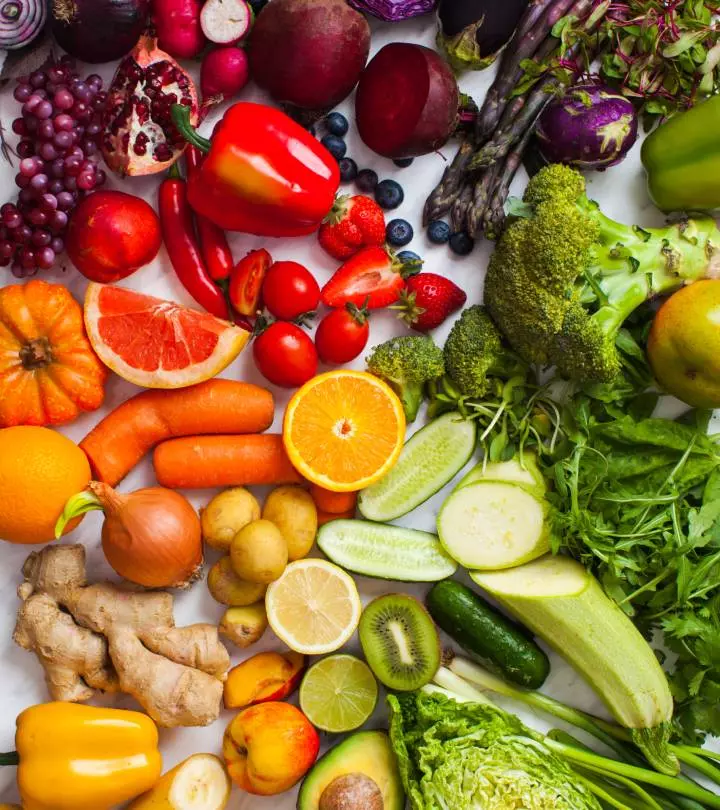
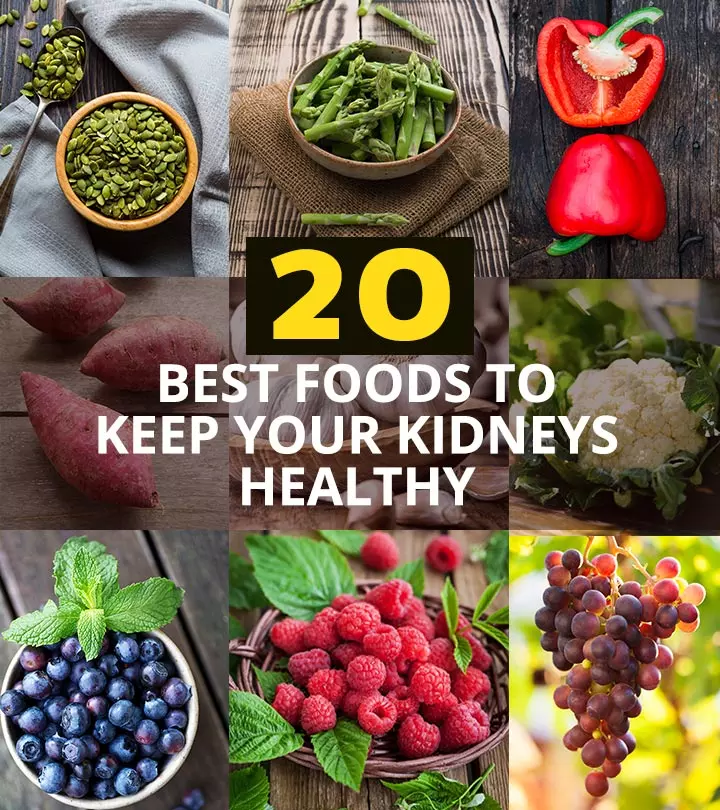
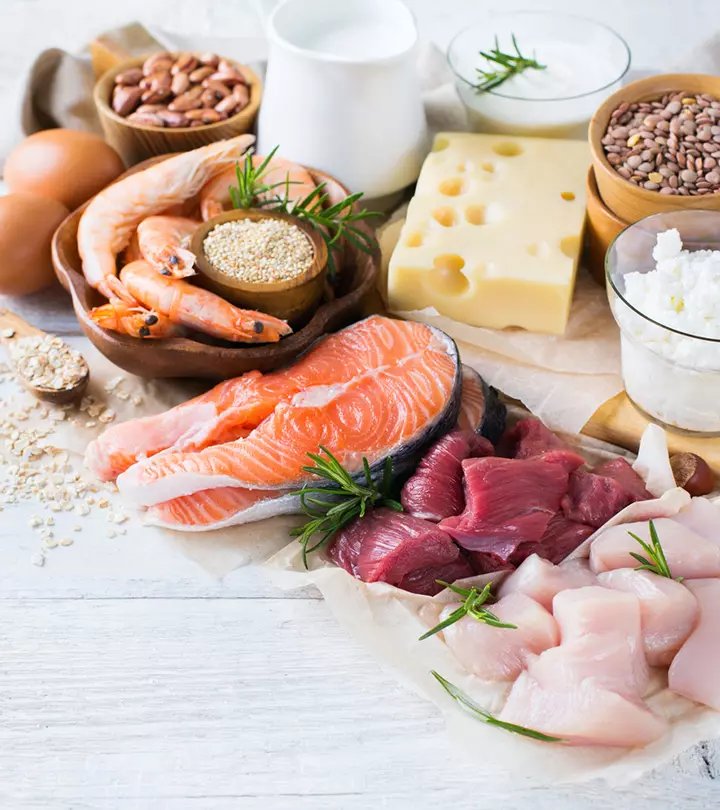
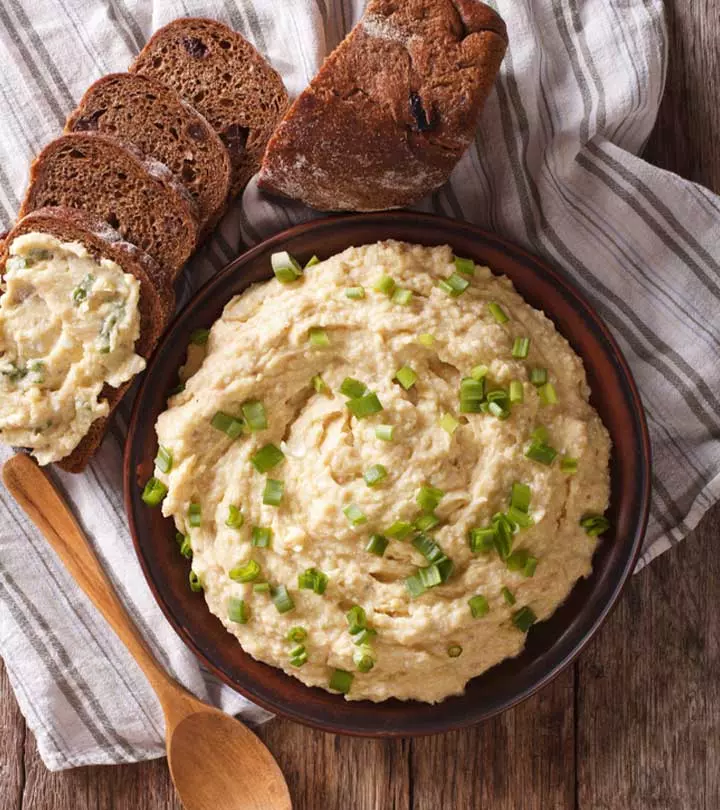
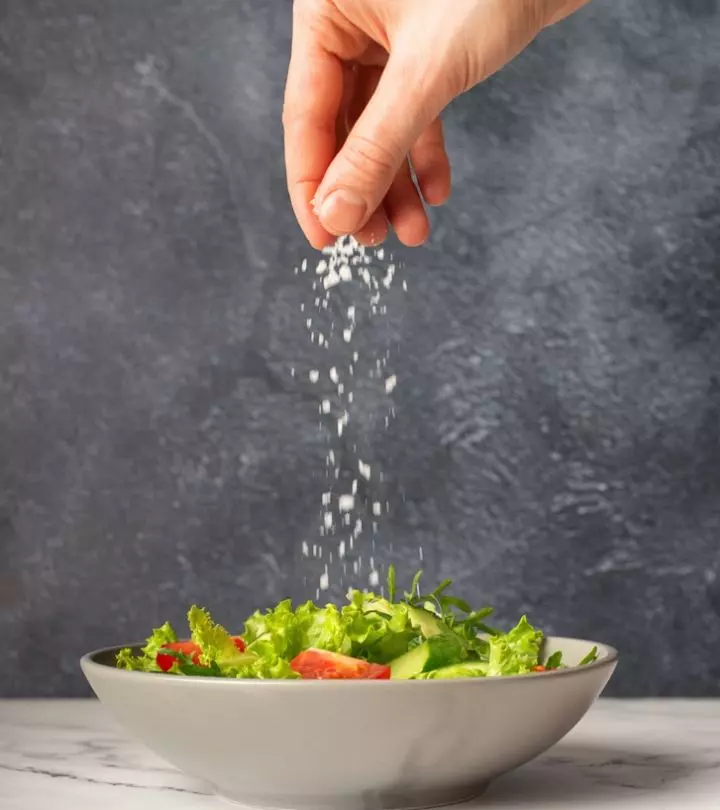
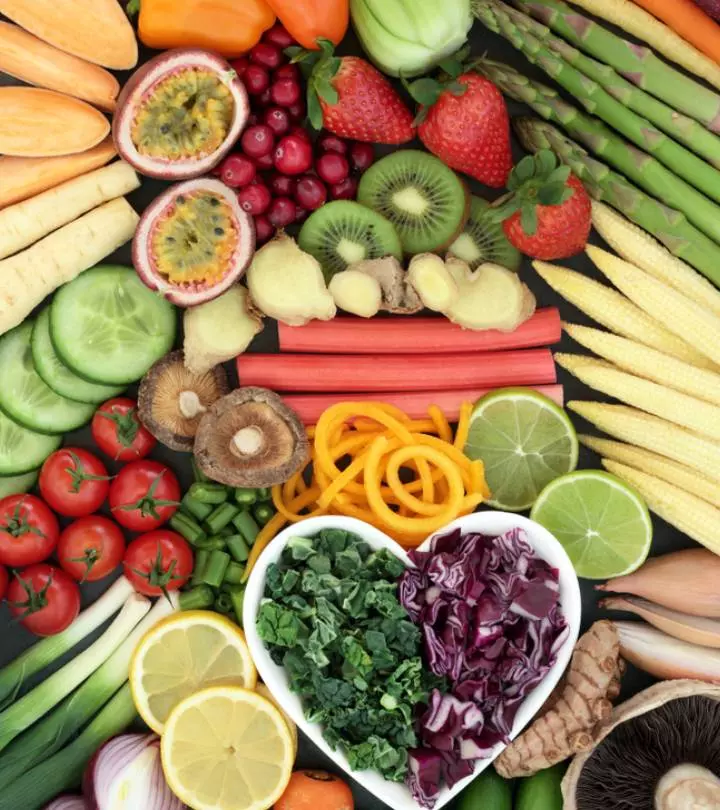
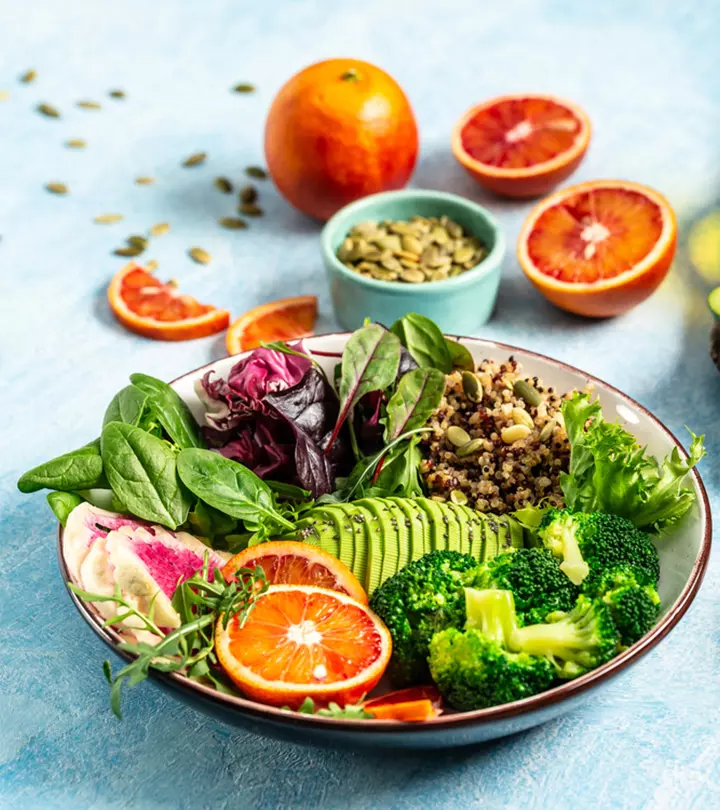



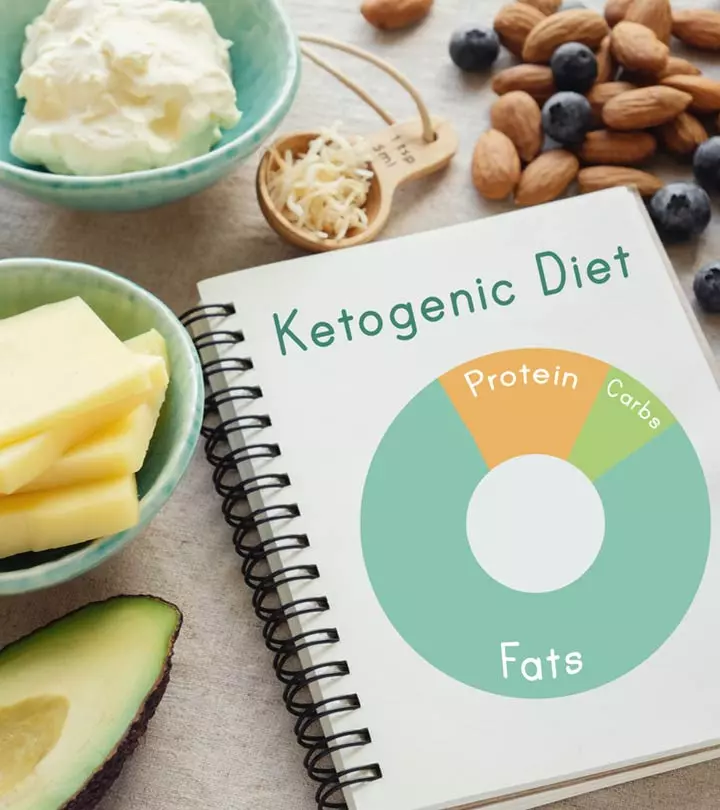
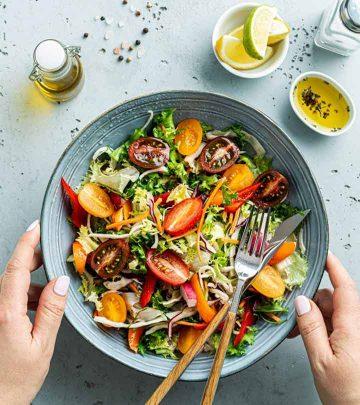
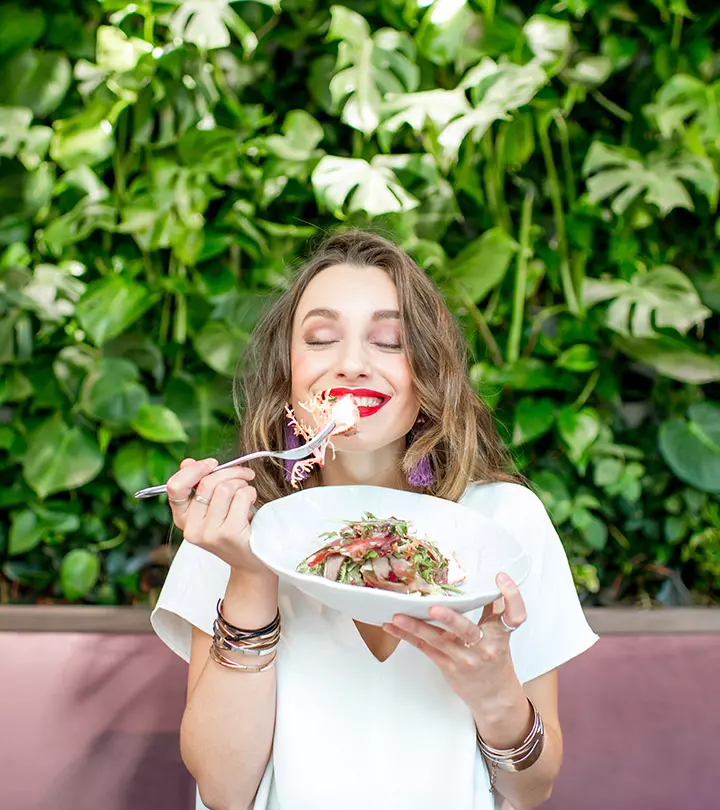

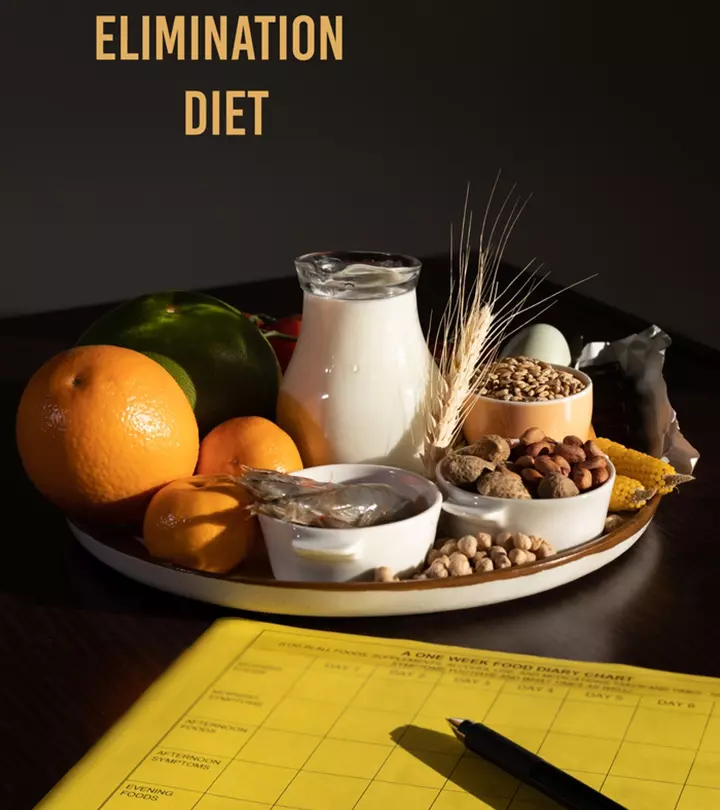
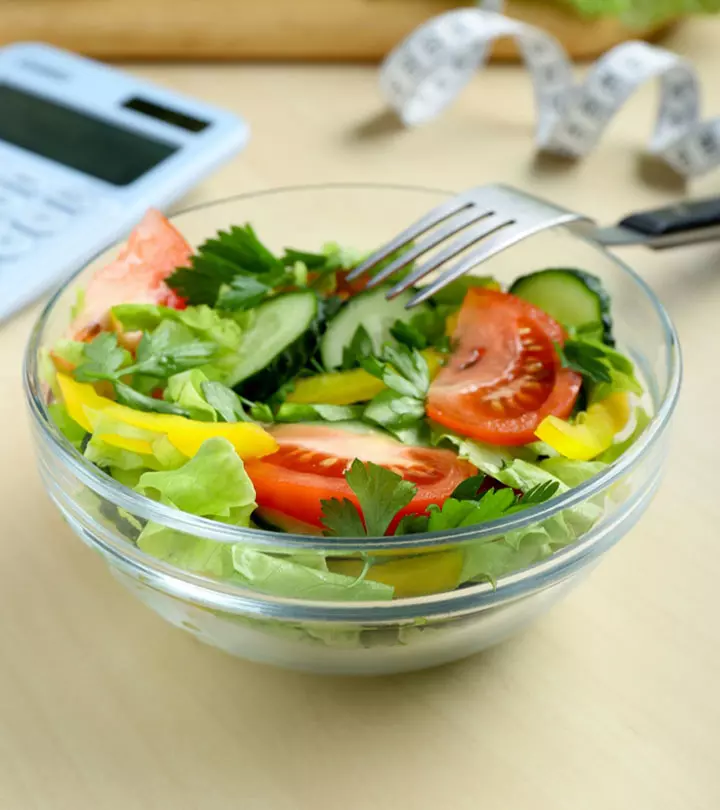
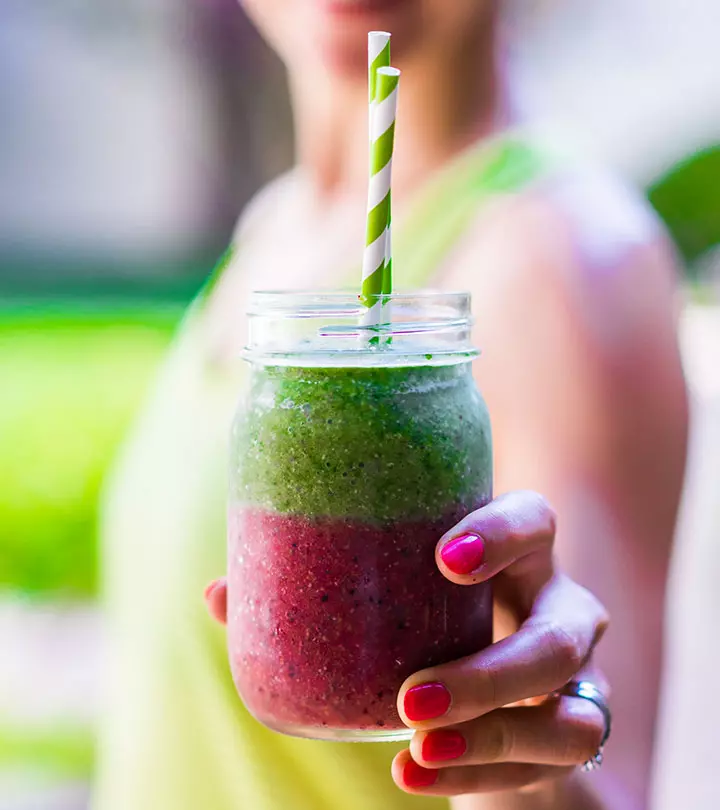
Community Experiences
Join the conversation and become a part of our empowering community! Share your stories, experiences, and insights to connect with other beauty, lifestyle, and health enthusiasts.